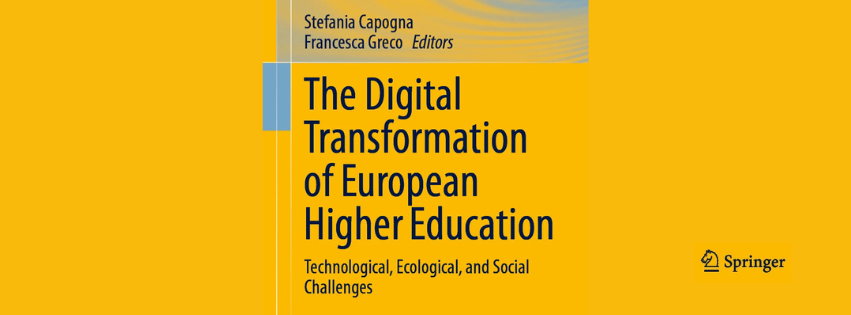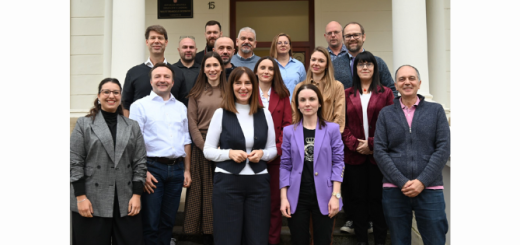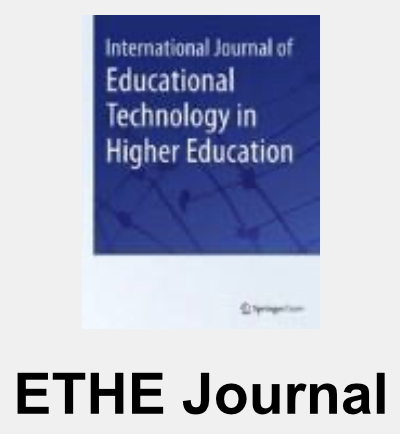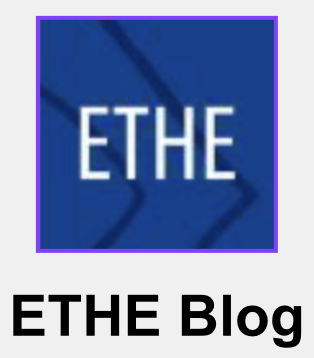New Book! The Digital Transformation of European Higher Education Including a Chapter by Montse Guitert, Teresa Romeu, Marc Romero and Pablo Baztán

A new book has been published by Springer under the title “The Digital Transformation of European Higher Education – Technological, Ecological, and Social Challenges”. The volume has been edited by Stefania Capogna (Link Campus University, Italy) and Francesca Greco (University of Udine, Italy).
This volume analyzes e-learning in European higher education, focusing on the technological, ecological, and social challenges of digital transformation. Started pre-pandemic and a result of an ECOLHE project funded by the European Union’s Erasmus+ programme, the book discusses the impact of this global crisis, as well as the need for universities to integrate information and communications technology (ICT) in teaching and learning.
The book presents multiple national case studies and examines how European universities adopt ICT for Lifelong Learning (LLL), uphold quality standards, and foster teachers’ professional growth. From enhancing digital skills to refining teaching methodologies, the book offers valuable insights for educators, administrators, and policymakers alike. Navigating the challenges of digitalization, the book shares solutions for how European universities can remain resilient against the evolving demands of the modern world.
Training Model for Improving Teachers in HE: Challenges, Criticalities, and Possibilities
On the section ECOLHE: The Main Project Results there’s a chapter titled “Training Model for Improving Teachers in HE: Challenges, Criticalities, and Possibilities” written by Edul@b members Montse Guitert, Teresa Romeu, Marc Romero and Pablo Baztán.
This chapter shows the result of a specific training that teachers carried out during pandemic, which aimed to provide academic teachers with the necessary competences to ensure quality online teaching, and focused on active and collaborative methodologies, an activity-centered approach and the change in roles of students and teachers. This shift of roles considers the students an active part of their learning, with teachers guiding the process. The essay aimed to discover how it would be possible to help academic teachers improve their digital competences and teaching methods.





